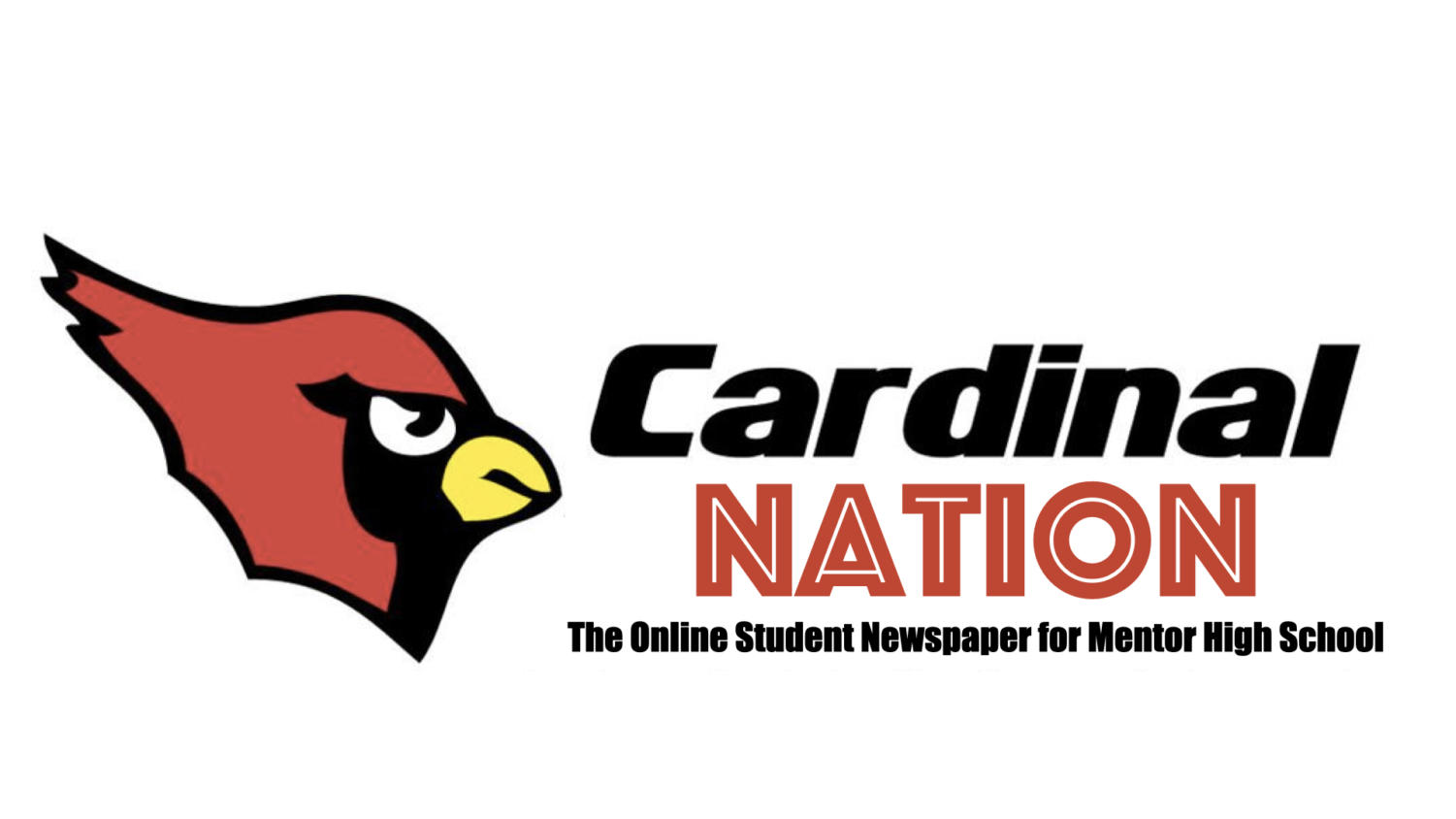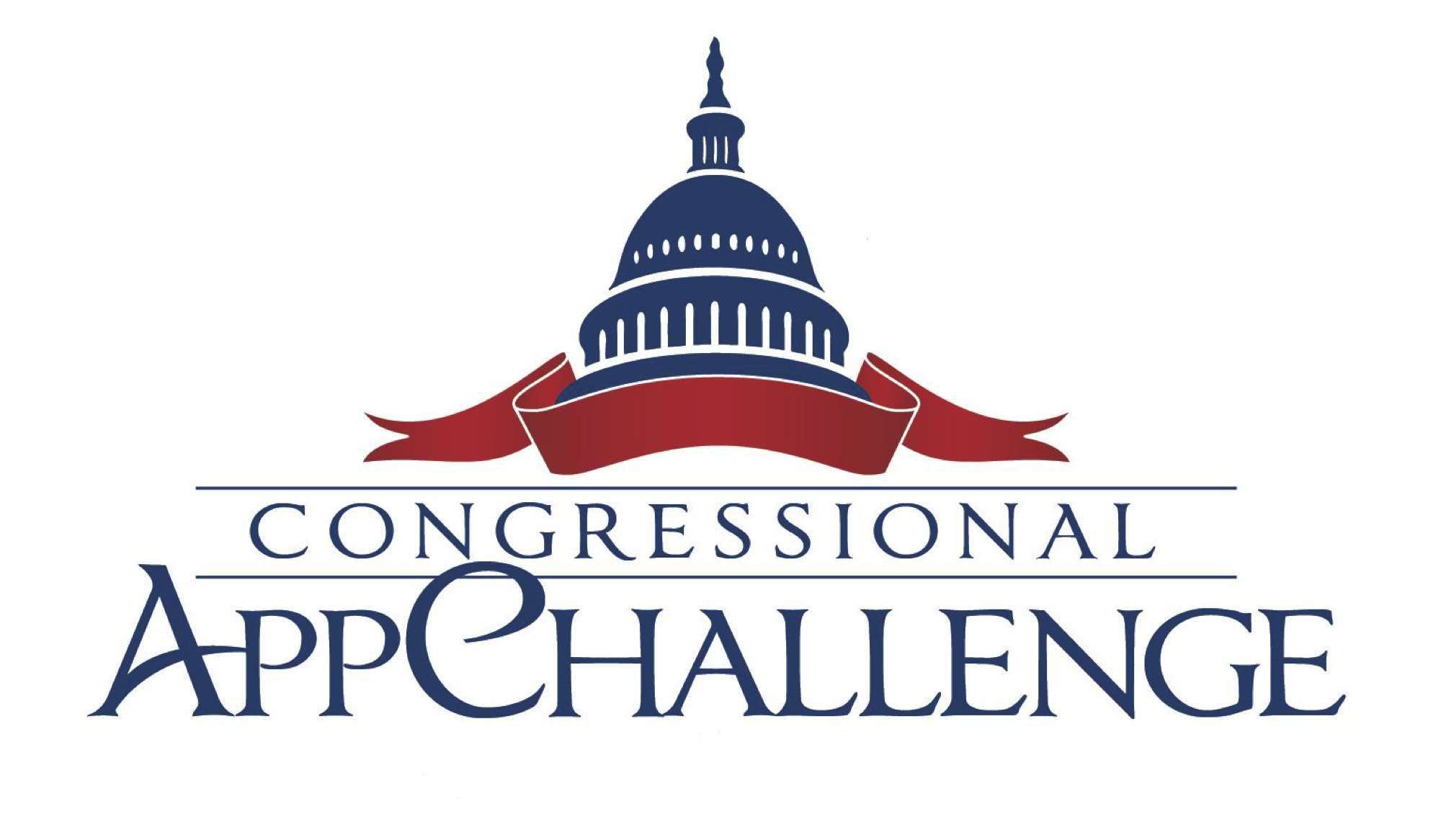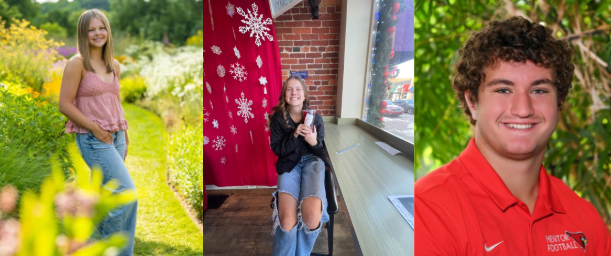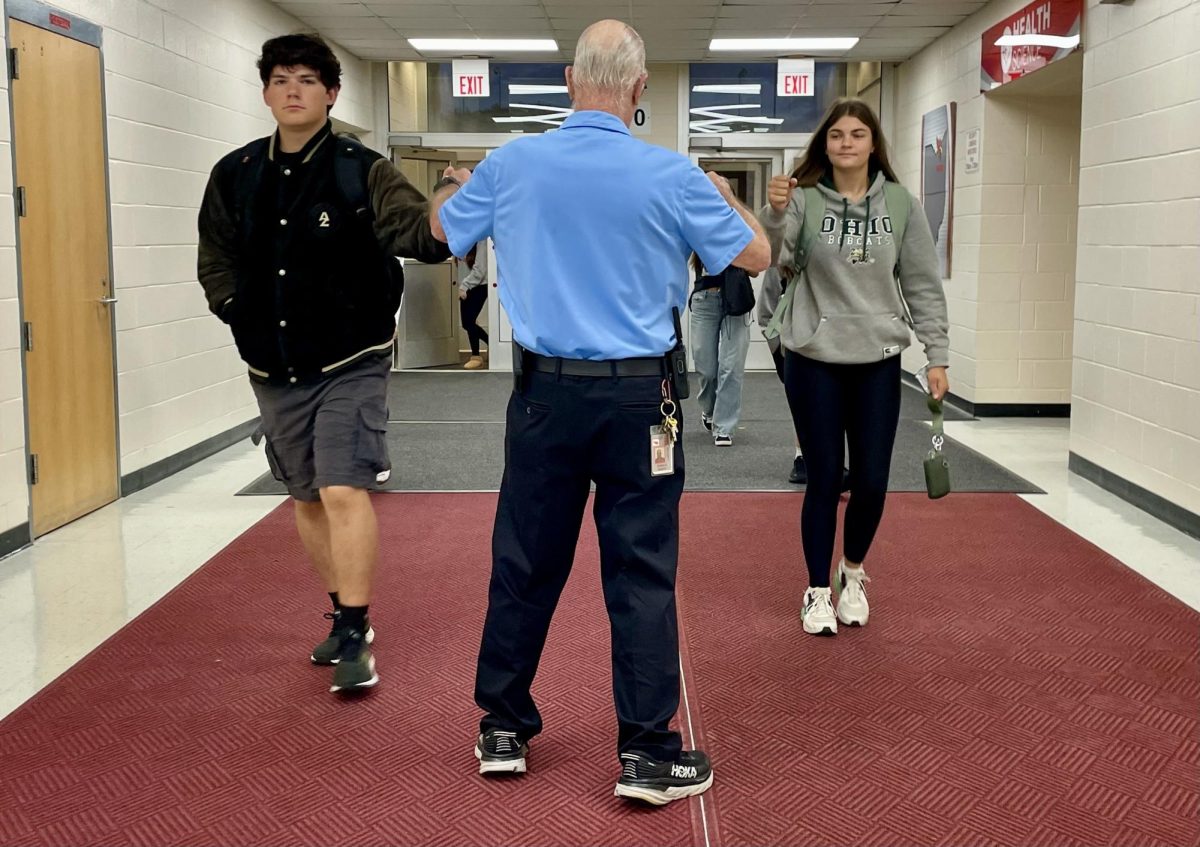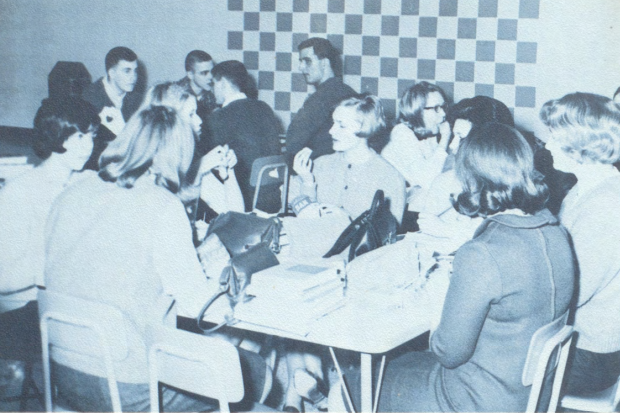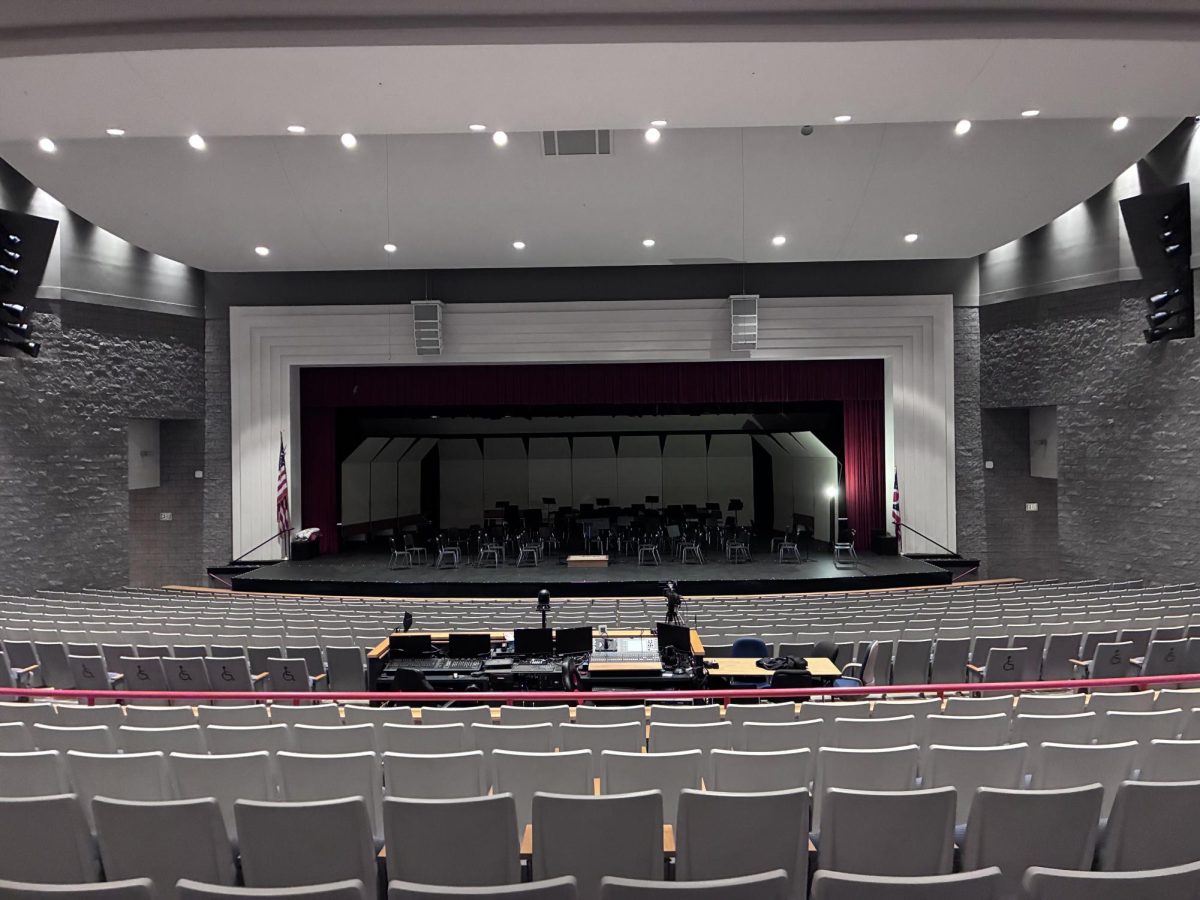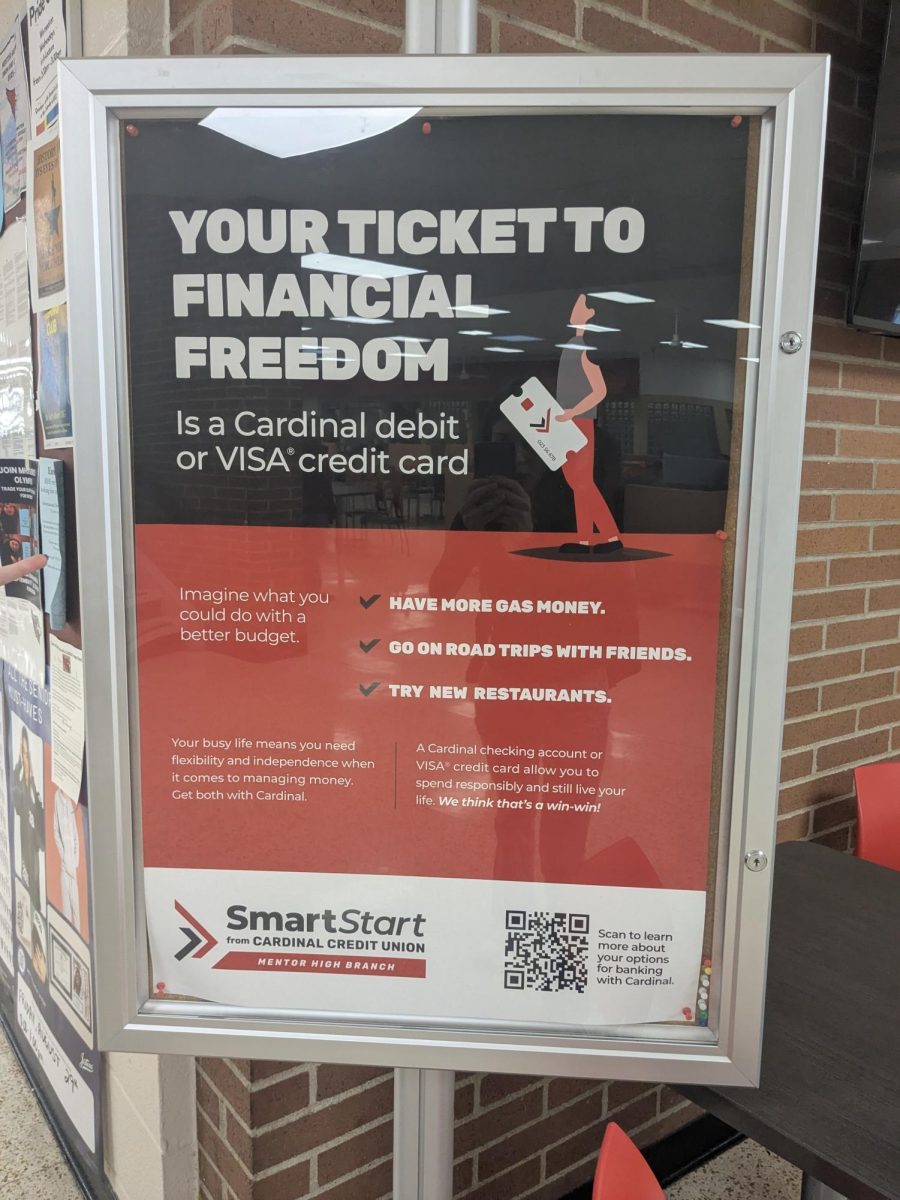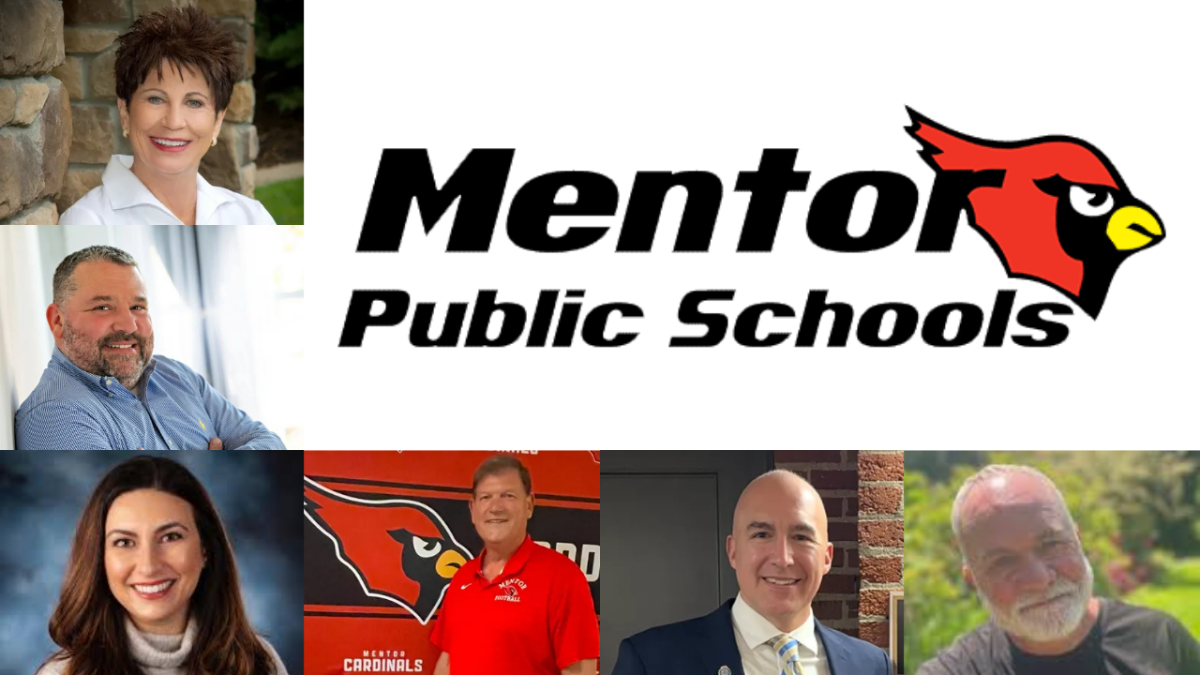About the Challenge
On December 9th, 2024, MHS junior Ayesha Faruki was named the winner of the 2024 OH-14 Congressional App Challenge, an annual coding competition held by members of U.S. Congress. Here, Ayesha explains the Challenge.
The Congressional App Challenge is an annual academic competition hosted by U.S. Congress that encourages the participation of middle and high school students in the fields of science, technology, mathematics, and engineering. Every year, students compete by submitting self-coded applications for the chance to win congressional recognition, an invitation to D.C., and a display of their app in the U.S. Capitol Building. Students are allowed to use any programming language (e.g. C, C++, JavaScript, Python, Ruby, or “block code”) to code, or tell the computer to perform specific tasks, to develop an application for any platform (e.g. PC, web, tablet, robot, mobile, etc.).
Mentor is under congressional district OH-14, and Congressman Dave Joyce hosts our segment of the App Challenge.
“Every year, I look forward to the Congressional App Challenge,” said Congressman Joyce, regarding the 2024 Challenge. “I am consistently amazed by the creativity and innovation displayed by the students of Northeast Ohio.”
The Challenge started when the House of Representatives leadership passed House Resolution 77 – Academic Competition Resolution of 2013, outlining plans for computer science competitions that the House would host annually. Since then, the Challenge has inspired students across all fifty states to code for Congress.
The 2024 Congressional App Challenge
From here, Cardinal Nation contributor Oliva West asked Ayesha some questions about her experiences with the Challenge.
Cardinal Nation: What inspired you to enter the Congressional App Challenge?
Ayesha: I’ve enjoyed coding for a while, and when I came across the Congressional App Challenge, I thought it was a good way to showcase what I’d learned.
Cardinal Nation: What is the entry process like? How many times have you entered?
Ayesha: For my entry, I had to make a video demonstration of myself explaining an app I created, answering questions about its purpose, intended audience, functions, and how I made it. I’ve entered a total of two times, and my winning entry last year was called Punnett. My winning application this year was The Recycle Disciple.
Cardinal Nation: What is your winning 2023 entry Punnett? What inspired the creation of this app?
Ayesha: Punnet is a website that basically crosses two blood types to predict the phenotype of the offspring generation, and is the product of my interest in both biology and programming.
Cardinal Nation: What is your winning 2024 entry Recycle Disciple? What inspired the creation of this app?
Ayesha: With The Recycle Disciple, a user can scan the plastic resin identification code (the “recycling symbol”) on an item to find out what type of plastic it is and receive instructions for accurately recycling it. Resin identification codes are recycling symbols with numbers in them, and contrary to popular belief, they do not guarantee that something is curbside recyclable. My inspiration for the app was that I often had no idea whether something was recyclable, and since I didn’t want to do more harm than good by recycling a non-recyclable, I’d often just end up throwing it into the trash. I wanted to make the recycling process just a little bit easier to help more people recycle.
Cardinal Nation: How long does it take you to code an app like The Recycle Disciple?
Ayesha: With on and off work, the app took me a couple of days to make, with probably a couple of hours of intense effort. This included some background research and tinkering with different options of how to implement machine learning into a user interface. I also trained the app on images that I took myself around my house, which took a decent amount of time (I took photos of different recycling resin identification codes on a ton of household items I had lying around). After that, the rest was fairly quick. Since my current dataset of images is fairly small, I’m also looking for people to submit their own photos to help train the app better.
Cardinal Nation: Where did your love for coding begin? How did you learn to do it, and did you have any mentors?
Ayesha: My love for coding began at a summer camp I attended when I was around eight years old. It was a week-long day camp that taught kids how to block code in MIT Media Lab’s Scratch. I was the only girl at camp amongst around twenty boys, and I spent recess breaks avoiding (terrifying) ball games by playing banagrams with the camp counselors, who I would probably consider my first mentors. I really liked how coding in Scratch gave me the freedom and creativity to turn my ideas into a reality, so I continued tinkering around with it on my own after camp ended. I attended a couple of Hour of Code sessions at MHS in elementary school as well, and then when I was a freshman I was able to take Mr. Butterfield’s AP Computer Science Principles class and attend Python sessions led by the Girls Who Code club at Case Western Reserve University. I taught myself a decent amount of HTML/CSS and JavaScript back when I was in middle school with Khan Academy, which I also used toward my Congressional App Challenge project.
Cardinal Nation: Was the AP Computer Science course offered at Mentor High School beneficial to your coding skills and your entry in any way? Would you recommend the class to other students?
Ayesha: AP Computer Science was definitely helpful to my project! I believe I learned about Google’s Teachable Machine in our AI and ethics unit, which I used in The Recycle Disciple as an easy way to integrate machine learning into a website, and we also learned JavaScript concepts that were utilized in my projects as well. Mr. Butterfield’s a great teacher, and I would definitely recommend it to other students!
Cardinal Nation: What is one thing you would like aspiring coders and future Congressional App Challenge winners to know?
Ayesha: The one thing I would probably say is that it’s important to be persistent and perseverant through your challenges. Coding can often be frustrating, but it’s also a really neat skill to have, and seeing your final product in fruition is always rewarding!
